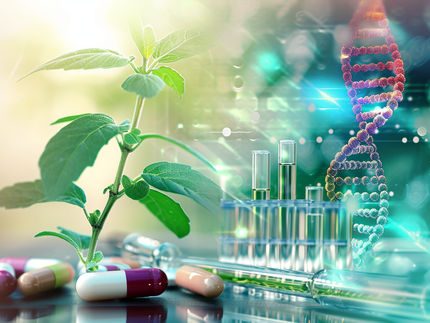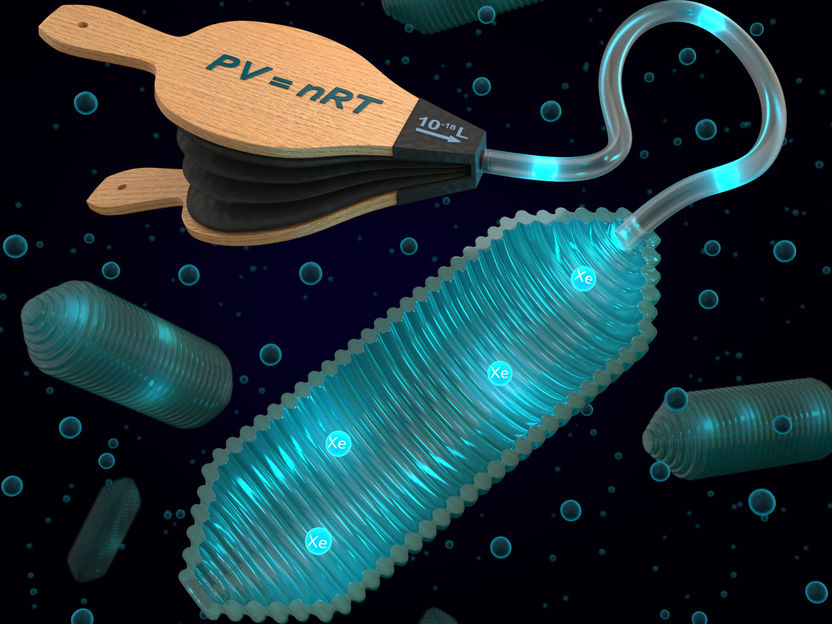Engineering biology is expected to disrupt all industries
Organizations across all sectors are preparing for the transformative impact of engineering biology – the application of principles from biology and engineering, in conjunction with AI and data-driven computational techniques, to create new or redesigned biological systems for valuable purposes. They are looking to harness recent advancements in bioengineering to achieve environmental benefits and improved product performance. That is according to the Capgemini Research Institute’s latest report on the bioeconomy, “Unlocking the power of engineering biology: The time is now”, which finds that sustainability is a major driver of corporate interest, with over 70% of organizations expecting biosolutions to significantly accelerate their progress towards sustainability goals. Cost and performance advantages are the other factors contributing to this. The report also highlights some of the barriers that need to be overcome to realize this potential, from market awareness and acceptance to high costs and a shortage of skilled professionals.
With regard to the need for greater predictability and faster development, the use of AI and engineering principles to create new or redesigned biological systems, is enabling significant innovation in engineering biology across every industry. The report finds that almost every (99%) executive surveyed expects the field of engineering biology to initiate sweeping changes in their industry in the next five to ten years or more. Technological breakthroughs in DNA synthesis, editing and sequencing have dramatically increased the speed and precision with which biological systems can be engineered, while significantly lowering costs. Moreover, rapid progress in AI has led to significant improvements in the understanding and prediction of protein and metabolic structures.
Most organizations (96%) are already pursuing biosolutions: 40% are at an exploratory stage, with 56% engaging more actively in experimentation, pilots, or scaled deployments. The steady increase in investment signals positive market sentiment around the scientific and commercial potential of engineering biology, with 68% of executives saying that their organization plans to increase investment in the next two-to-five years.
Roshan Gya, CEO of Capgemini Invent and Member of the Capgemini Group Executive Committee, said “The bioeconomy is at a pivotal moment with the promise of limitless opportunities for organizations, and business leaders are taking notice. Biosolutions are already making truly groundbreaking innovations possible with a direct impact on numerous aspects of our daily lives. For example, the development of organisms that capture CO2 and microbes that purify water, the creation of biofuels from waste, or next-generation medicines that act on specific DNA profiles. However, greater investment is needed to capitalize on this momentum and achieve market viability. With generative AI accelerating speed and precision in the engineering process, while also reducing costs, engineering biology is poised to reimagine and completely transform businesses in the coming years.”
Over half of organizations believe disruptive approaches are required to reach net zero
Sustainability emerges as a major driver of corporate interest in engineering biology; however, biosolutions need to perform, and be harnessed properly to achieve sustainable outcomes. While most executives expect biosolutions to have a positive impact on climate change and plastic and air pollution, the environmental and social impacts of biosolutions must be assessed across the product lifecycle and supported by strong performance and cost efficiency assessment to drive market adoption. According to the report, corporates believe that biosolutions can help their organizations reduce pollution and emissions, improve product performance and safety, and reduce exposure to supply chain disruptions.
Challenges must be overcome to realize potential
The report also explores the challenges to achieving the adoption of biosolutions at scale. Participants from both corporates and engineering biology startups cited high cost, a lack of suitable large-scale infrastructure such as bioreactors, and talent shortages as some of the biggest barriers. They also recognize the complexities involved in reconfiguring supply chains, and evolving regulations governing the development and use of biosolutions. Almost two-thirds (65%) of engineering biology startups say that a lack of bio-literacy hinders their ability to scale-up biosolutions, highlighting the need for greater expertise in this field.
In this scenario, digital and engineering technologies were identified as key drivers for reducing costs, optimizing bioprocesses, shortening time-to-market for biosolutions, and helping mitigate environmental and societal risks. AI was identified as the most transformative technology for increasing the efficiency of R&D processes, with 98% of organizations either using, or planning to use, AI to accelerate the adoption of biosolutions. Robotics that automate processes and digital twins of bioreactors, that predict production outcomes, were also highlighted as important measures to reduce costs and accelerate scale-up. However, the report suggests that AI is the only technology that is currently widely used to develop and scale biosolutions: while 70% of organizations are already using AI, far fewer organizations have implemented robotics (20%) or digital twins (11%).
According to the report, in order to increase the adoption of biosolutions, organizations will need to formulate an informed strategy and roadmap, raise public awareness, consider sustainability impacts and build in circularity aspects to maximize its potential. It will be imperative for organizations across industries to operate within the boundaries of a clear, progressive regulatory framework for the bioeconomy.
New AI-driven biotechnology lab will meet increasing demand and accelerate innovation
In 2023, Capgemini invested in a state-of-the-art, AI-driven biotechnology lab. Situated at the UK headquarters of its deep tech division Cambridge Consultants, the biotechnology lab combines leading science, AI, and engineering expertise to reduce costs and accelerate time-to-market for organizations across industries. This dedicated facility not only addresses client challenges but is focused on accelerating innovation in bioeconomy.


























































